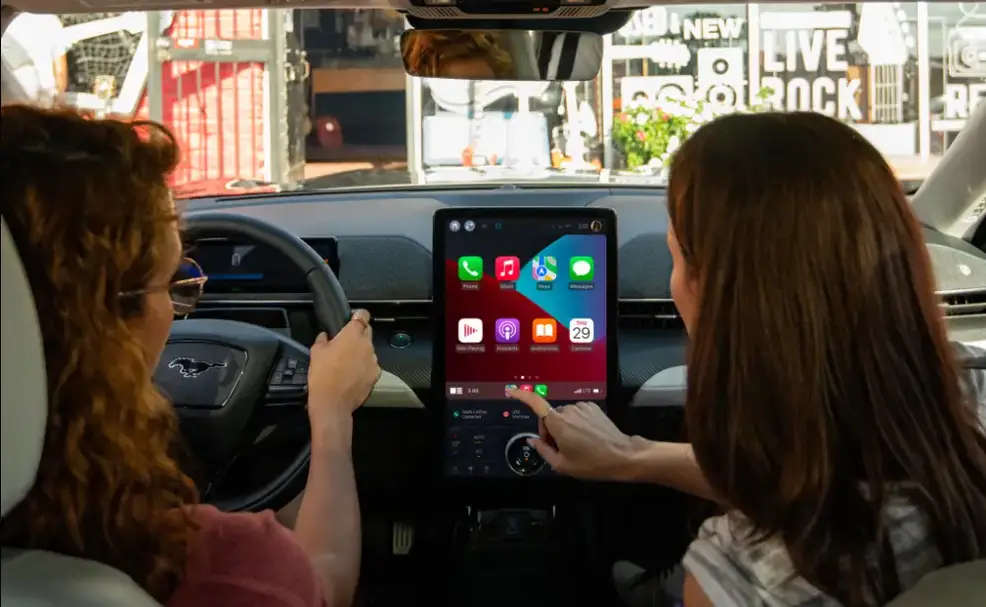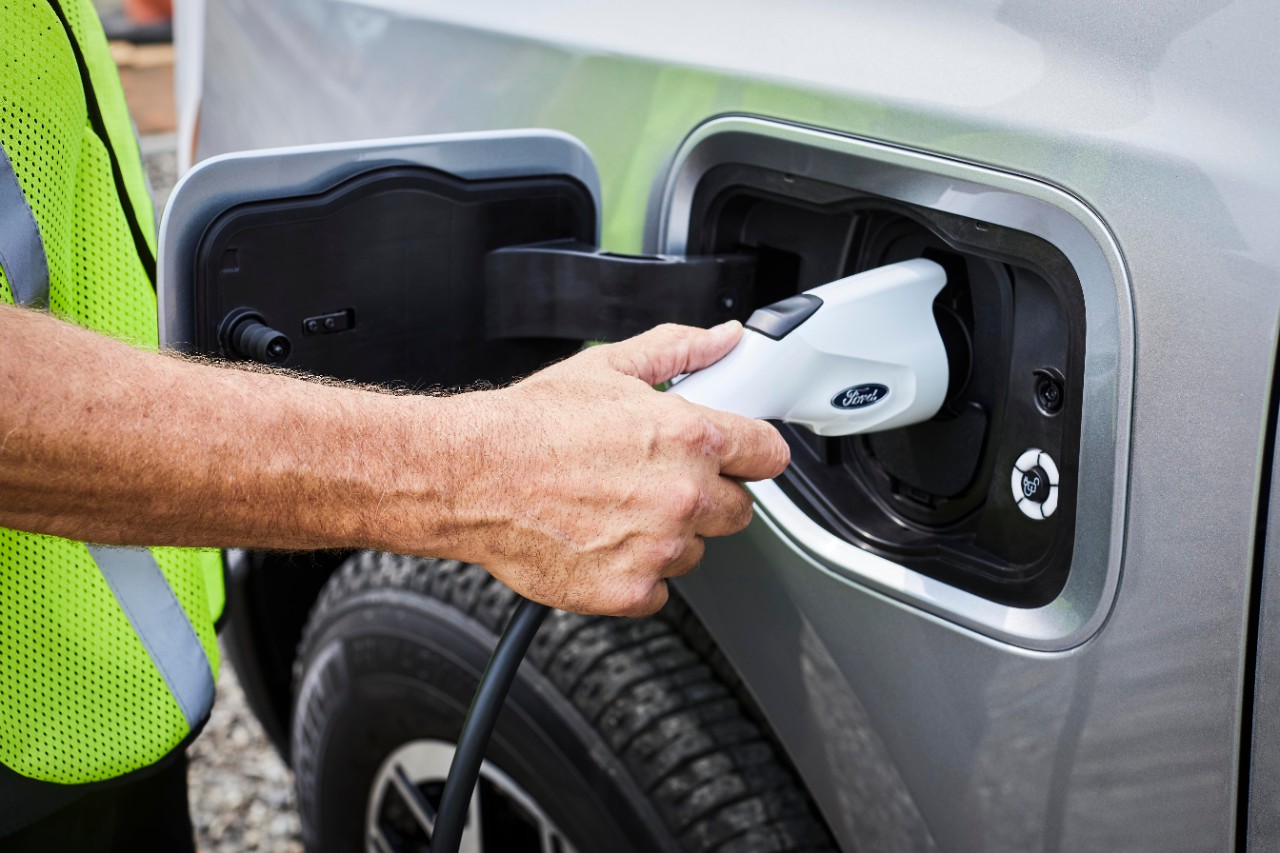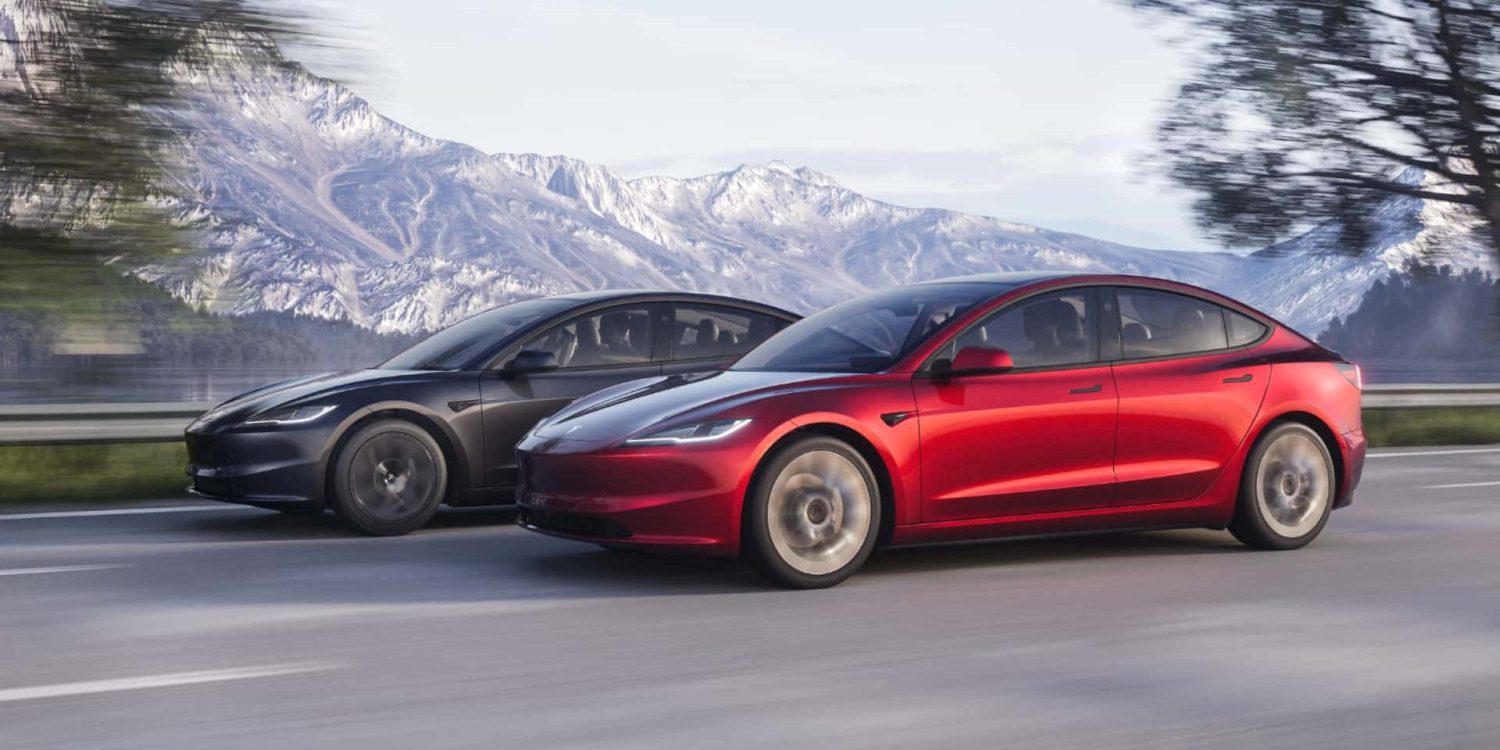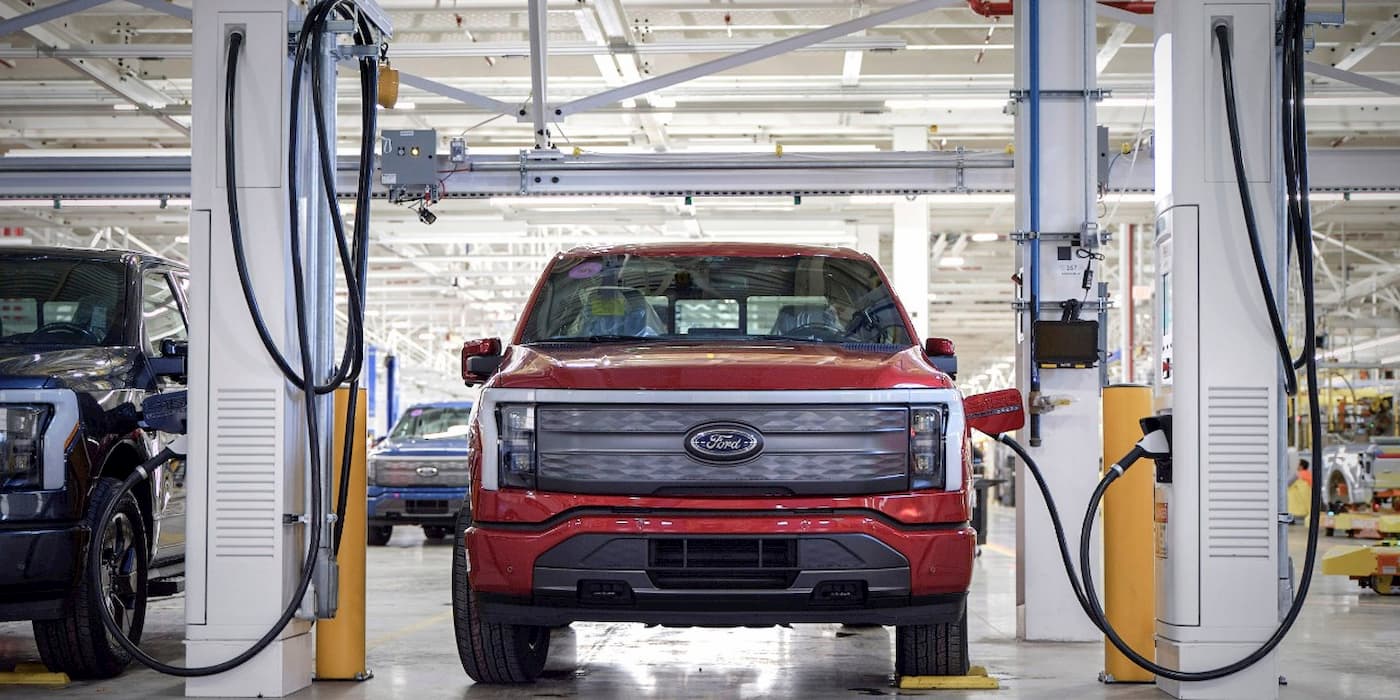Ford has restated its dedication to maintaining compatibility with Apple CarPlay and Android Auto, a move in contrast to its competitor General Motors (GM), which had earlier announced its intention to phase out these popular smartphone connectivity features citing safety concerns.
GM’s decision earlier this year raised skepticism and criticism from customers, both current and prospective. In an interview with Motor Trend, Tim Babbitt, GM’s head of product for infotainment, highlighted safety concerns related to driver distraction, attributing them to issues such as bad connections, poor rendering, slow responses, and dropped connections associated with phone-mirroring programs.
See also: Ford Adjusts F-150 Lightning Production Plans in Response to Shifting Market Demand
We're committed to keeping Apple CarPlay & Android Auto. @Ford customers love the features because they help keep their eyes on the road and hands on the wheel. We work closely with Apple & Google to create a very high-quality experience for customers. And I think we have the… pic.twitter.com/77gCex6evd
— Jim Farley (@jimfarley98) December 13, 2023
In response to GM’s approach, Ford’s CEO Jim Farley utilized social media to underscore the company’s commitment to Apple CarPlay and Android Auto. Farley emphasized customer appreciation for these features in aiding them to “keep their eyes on the road and hands on the wheel.” Ford aims to collaborate with Apple and Google to enhance the user experience, showcasing confidence in their SYNC 4A infotainment system.
See also: Ford Mustang Mach-E Will May Lose Federal Tax Credit In January
While GM frames its decision as a safety measure, Ford seems to advocate for improving the functionality and reliability of third-party systems. Farley’s post underscored the significance of collaboration with tech giants for a seamless integration of smartphone features into the vehicle’s infotainment system.
The automotive industry is witnessing a shift in infotainment strategies, with automakers seeking greater control over data and revenue streams. GM’s move aligns with a broader trend of capturing user data for research and potential monetization. In contrast, Ford’s decision to maintain compatibility with Apple CarPlay and Android Auto reflects a commitment to meeting customer preferences and expectations.







